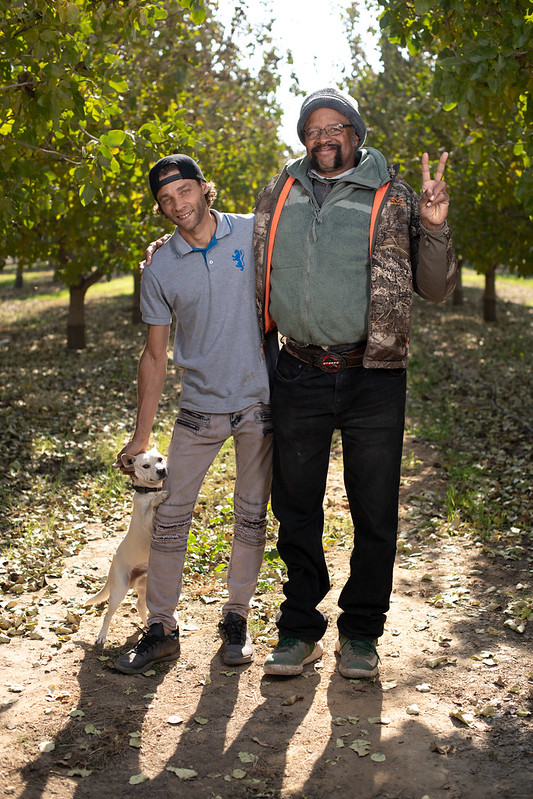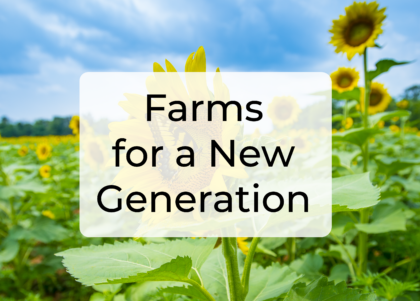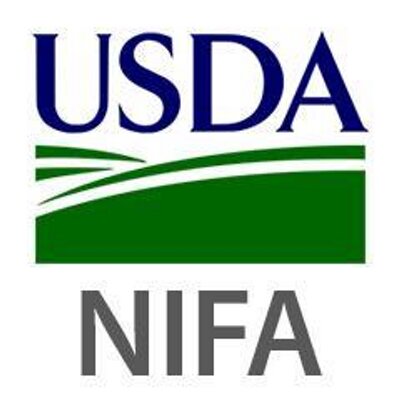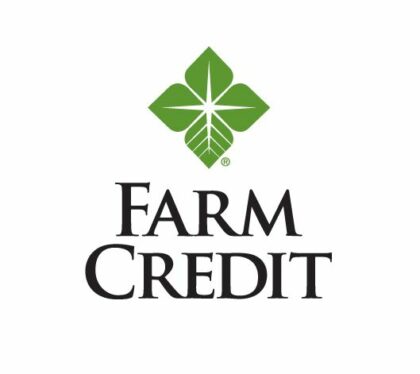Transitioning Land to a New Generation brought together leading experts in land transfer to create an adaptable, skills-based curriculum. The Land Transfer Training curriculum is designed for agricultural service providers to support land seekers and landowners as they navigate the complex financial, legal, and interpersonal issues involved in a farm or ranch transfer.
This project builds on Farmland for the Next Generation – Land Access Training.
The Land Transfer Training Curriculum is undergoing finishing touches and will be available in both Spanish and English in June 2024.





